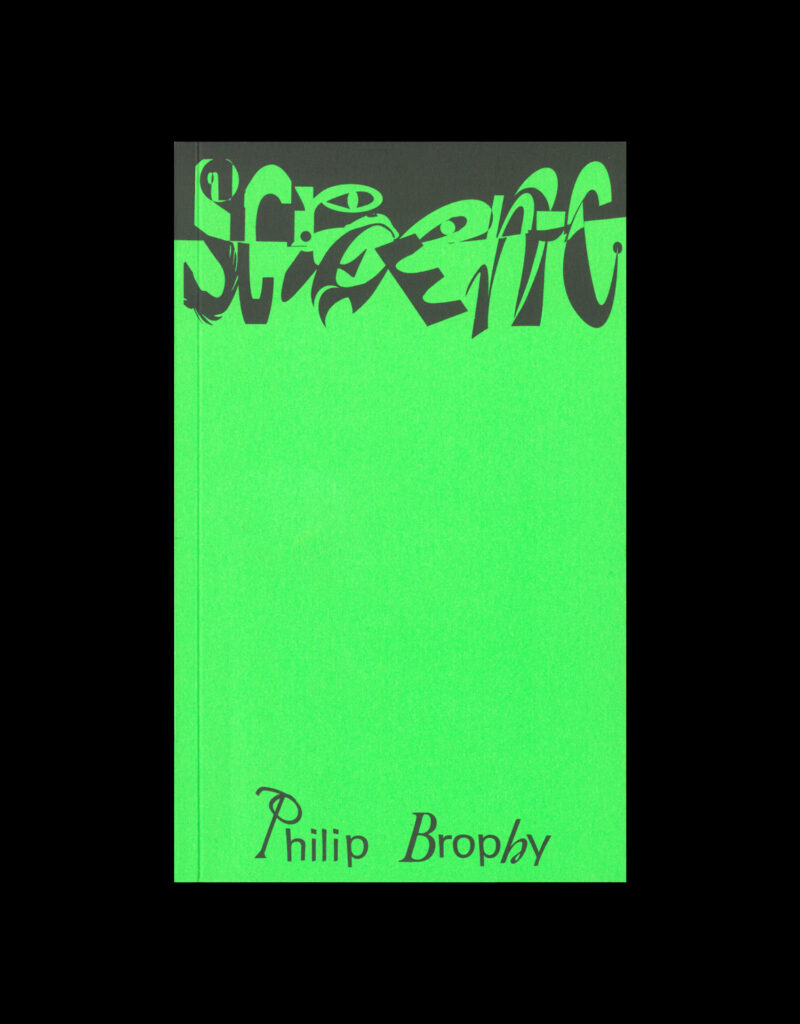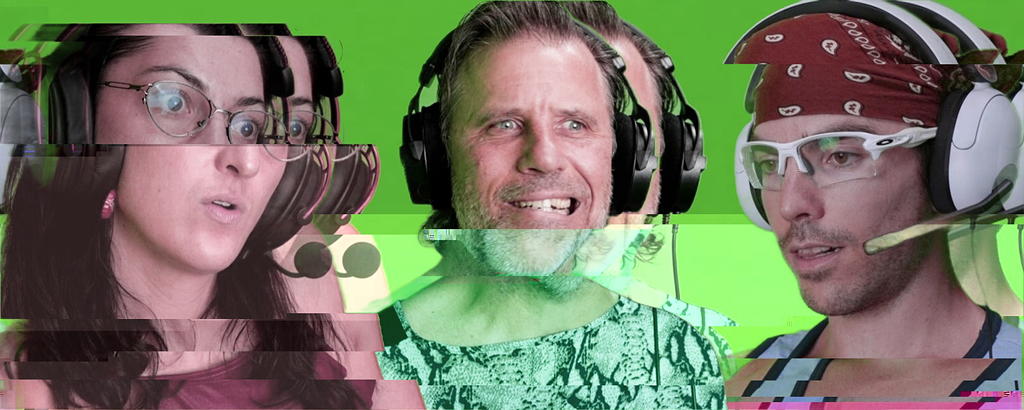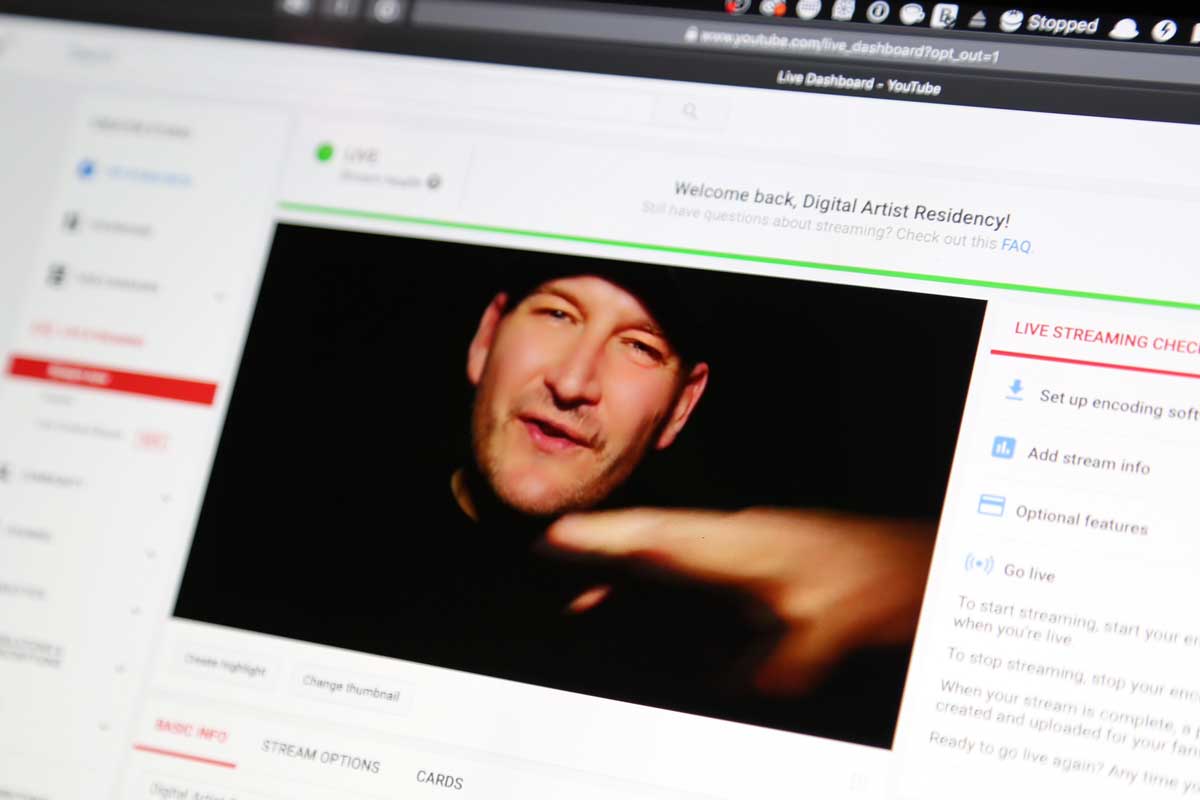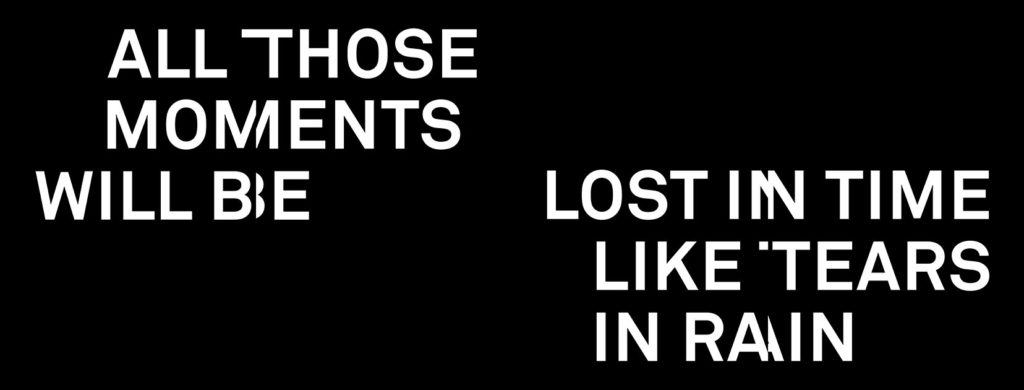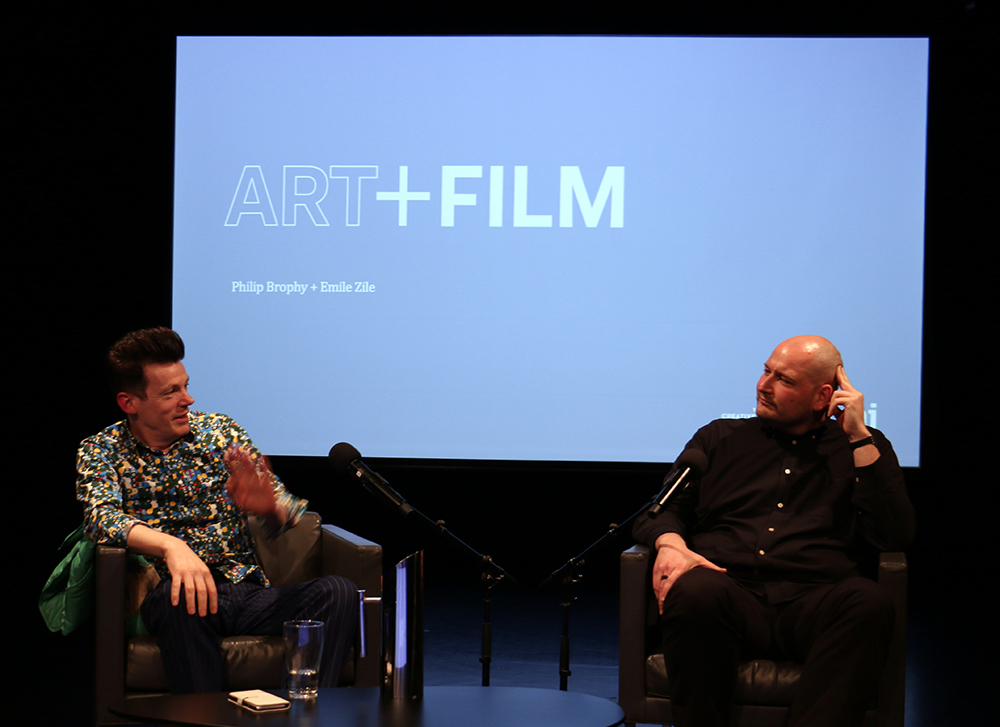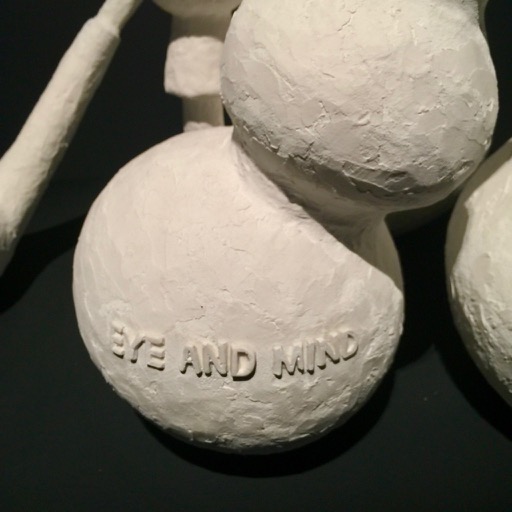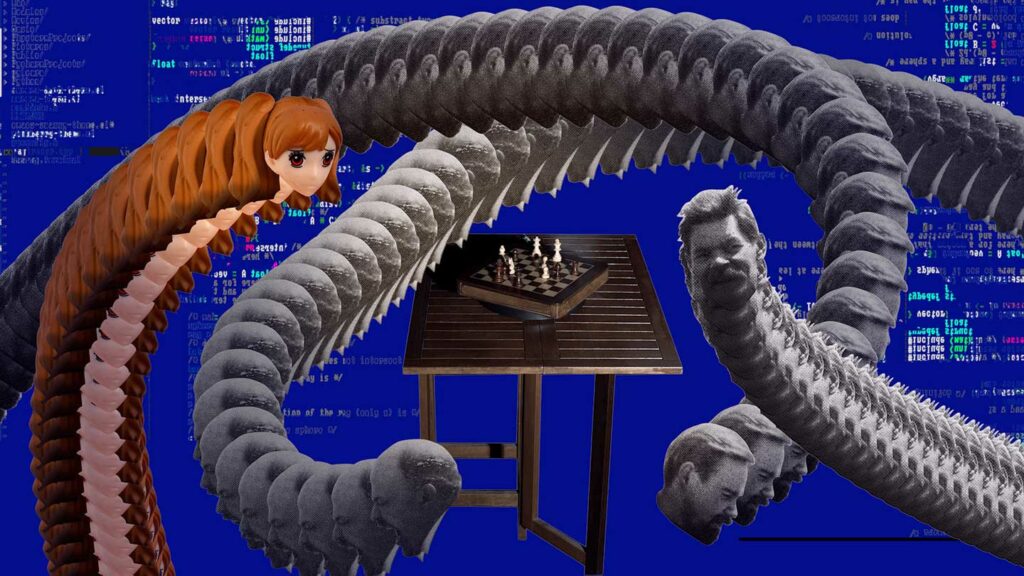
23 Aug — 16 Nov 2024
RMIT Gallery, 344 Swanston St. Melbourne
Lifting its title from a misheard line in a 1980 song by The Fall about a reclusive dog breeder whose ‘hideous replica’ haunts industrial Manchester, this experimental project—an admixture of artworks, performances, screenings, workshops, a ‘replica school’ and other uncanny encounters—adopts monstrous replication as a tactic, condition and curatorial framework for exploring algorithmic culture, simultaneously alienating, seductive and out-of-control.
Exhibition includes works by Amy May Stuart, Angie Waller, Anna Vasof, Debris Facility, Diego Ramirez, Emile Zile, Joshua Citarella, Liang Luscombe, Loren Adams, Masato Takasaka, Matthew Griffin & Heath Franco and Mo Chu.
Performances, talks and workshops by Catherine Ryan, Chloe Sobek, Jennifer Walshe, Joel Sherwood Spring, Machine Listening, McKenzie Wark, Roslyn Helper, Tomomi Adachi and more.
Curated by Joel Stern and Sean Dockray.
This Hideous Replica has been produced by RMIT Culture and supported by the ARC Centre of Excellence for Automated Decision-Making and Society (ADM+S) and the RMIT Design and Creative Practice Enabling Impact Platforms. This project is a part of the City of Melbourne’s Now or Never festival. This project has been assisted by the Australian Government through Creative Australia, its principal arts investment and advisory body and by the Victorian Government through Creative Victoria.
Image: Mochu, GROTESKKBASILISKK! MINERAL MIXTAPE, 2022, digital video (still), Image courtesy of the artist.
